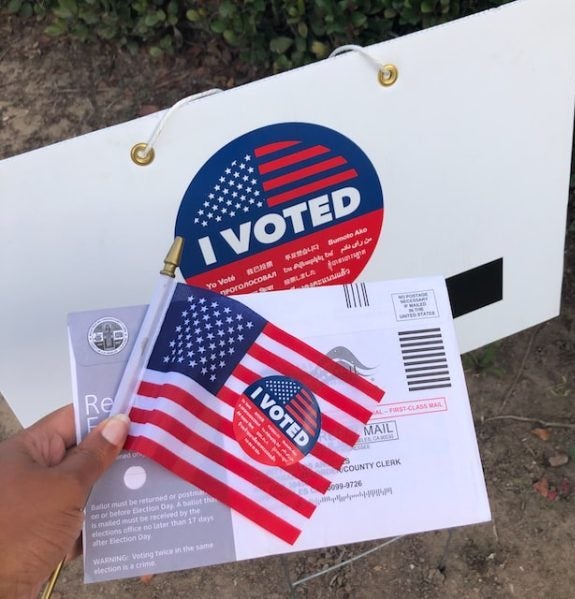More pipeline easements bought: Atlantic Coast Pipeline LLC pays more than $161K in November
Published 1:03 pm Tuesday, December 20, 2016
Atlantic Coast Pipeline (ACP) LLC paid $161,145 in November for 344 acres of easements for the proposed natural gas pipeline to be buried under Buckingham soil.
The one-time payments to landowners come as the 600-mile project, which will begin in West Virginia, span Virginia and end in North Carolina, is pending approval from the Federal Regulatory Energy Commission.
ACP LLC is not purchasing the land to own, but for access. Landowners will retain ownership of their property.
“I can’t share Buckingham’s specific information, but we have signed easement agreements, mutual easement agreements with landowners, on more than half of the route at this point,” Dominion spokesman Aaron Ruby said.
Dominion is leading the joint venture to build the pipeline and its proposed 53,515 horsepower compressor station along Route 56 between Shelton Store and Union Hill roads. A special use permit is pending board of supervisors’ approval for the facility. A 6 p.m. public hearing is set for Thursday, Jan. 5.
“We fairly compensate every landowner for the use of their land to build and operate the pipeline,” Ruby said.
The pipeline will enter Buckingham under the James River near Wingina from Nelson County and travel southeast into Cumberland County. The route has the 42-inch pipeline crossing under routes 56, 60 (near Mt. Rush), 640 and 15 south of Curdsville.
The proposed pipeline has met almost united opposition from those who’ve spoken before the county’s planning commission and board of supervisors. Many, including those who live near the vicinity of the proposed compressor station, have questioned the need for the pipeline, citing potentially decreasing property values, along with health risks associated with the station.
Assessments for the needed easements are measured by the square foot, Ruby said, meaning that if the pipeline crosses more property owned by a landowner, they could be paid more money.
Landowners are compensated for loss of revenue for two seasons for crops or timber in addition to fair market value.
“The landowner always retains ownership of the property,” Ruby said. “And, with just a couple of exceptions, the landowner can continue to use the right of way as they always have.”
Atop the pipeline, landowners can raise crops, pasture livestock, maintain access roads and post fences and transport farming equipment. Landowners cannot, however, grow trees or build structures in the easement.
“Compensation is based on fair market value,” Ruby said. “It’s determined by an independent appraiser. That’s the fair market value of a utility easement on the property. It wouldn’t be the same as the fair market value for purchasing that portion of the property.”
ACP LLC is working very closely with landowners, Ruby said, to “try to reach a mutually acceptable agreement that satisfies all parties.”
“We’re pleased with the progress we’ve made,” he added.
The main points of contact with landowners have been land agents, who initiate discussions with landowners in purchasing easements, according to Ruby.





